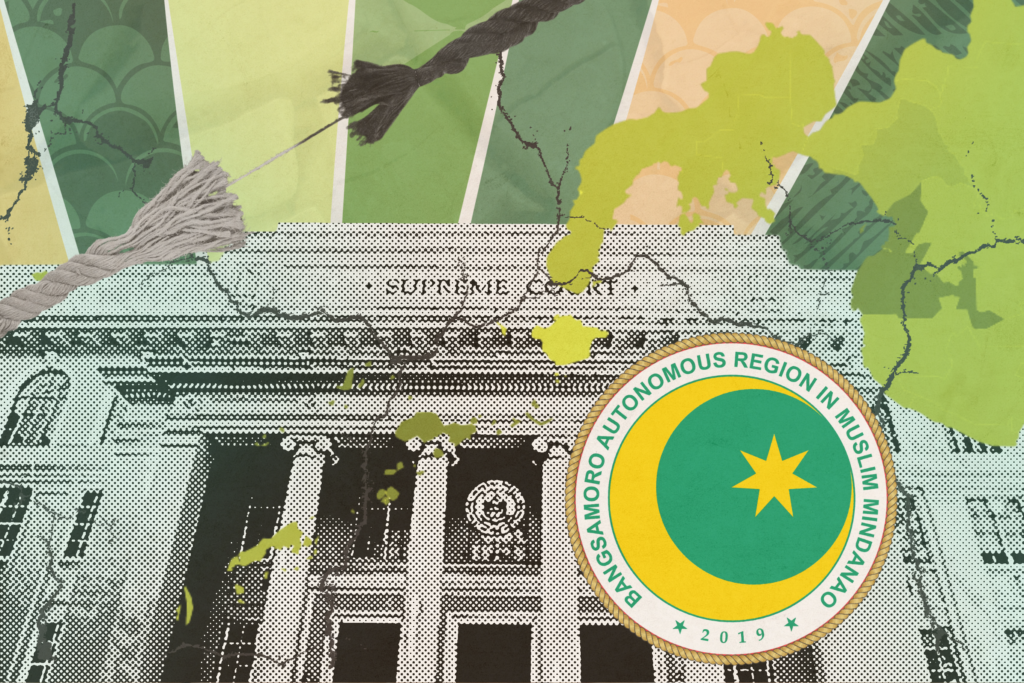Rappler supplies missing context on Sulu’s exclusion from BARMM

CHEERS TO Rappler for supplying the necessary context and background in reporting the Supreme Court’s (SC) landmark decision on the inclusion of Sulu province from the Bangsamoro Autonomous Region in Muslim Mindanao (BARMM). The ruling was issued on September 9, 2024.
The SC ruled that because the province of Sulu did not vote in favor of the implementation of the Bangsamoro Organic Law (BOL) in the 2019 plebiscite, it should not have been made part of BARMM in the first place. The BOL is the enabling law which created BARMM.
The decision said that Sulu’s inclusion in BARMM violated Section 18, Article X of the 1987 Constitution which states that only areas “voting favorably in such plebiscites shall be included in the autonomous region.” The decision deems unconstitutional the provision in the BOL stating the Autonomous Region in Muslim Mindanao would vote on the plebiscite as “one geographical area.”
The SC ruled on the question in response to the 2018 petition of Sulu Governor Abdusakur Tan II challenging the constitutionality of the BOL. The SC upheld the constitutionality of the BOL, preserving BARMM. But the High Court agreed with Tan that Sulu should not have been made part of BARMM.
Lasting impacts on BARMM
Media (ABS-CBN News, BusinessWorld, Daily Tribune, GMA News Online, Inquirer.net, Manila Bulletin, Manila Standard, The Manila Times, MindaNews, News5, Philippine Daily Inquirer, The Philippine Star, Philstar.com, and Vera Files) reported on the SC’s decision on the exclusion, recording the range of reactions it drew. Media in general highlighted what politicians had to say, most of which expressed dismay over the ruling.
Rappler’s report on September 10 did more than other media by drawing out the implications of the decision and its lasting effects. Lian Buan who wrote the report cited Francisco Lara Jr., executive director of Climate Conflict Action, a conflict monitoring group, who predicted “far reaching changes” that would be felt in the “island peripheries where most of the recent successful and peaceful transitions have occurred.”
The report also pointed out how the hard won peace in the region could be at stake: “Sulu is the birthplace and bailiwick of the Moro National Liberation Front (MNLF), a rival group of the Moro Islamic Liberation Front (MILF). Peace negotiations between the government and the MILF paved the way for the deal that culminated in the BOL that created the BARMM, which is currently led by the MILF.”
Naguib Sinarimbo, a former interior minister of BARMM, and lawmaker Zia Alonto Adiong flagged a possible ripple effect of the exit, the possibility that other provinces would also seek to “opt out” of the autonomous region. Sinarimbo said this could mean “the death of the Bangsamoro idea” which galvanized regional unity. Adiong said that “decades of effort” to build up peace could likewise be undone.
BARMM as a national concern
By drawing out these ideas from knowledgeable sources, Buan enhanced the relevance and meaning of the decision to more Filipinos.
Rappler broke away from the newsroom practice of treating BARMM and its issues as a regional concern with little meaning to the rest of the country. Peace and conflict are embedded in Philippine national development, a country that has long struggled to establish its national identity. News helps this process, presenting the problems around the country as a shared concern of Filipinos nationwide. Journalists must struggle to resist the pressure to focus only on matters in the capital. Rather, it is one of the obligations of the press to hold up a vision of the national community, particularly the aspirations of a diverse population for peace and unity.
Editors in Metro Manila and other major cities should bear this in mind as the elections for the Bangsamoro parliament approach in 2025.
Leave a Reply